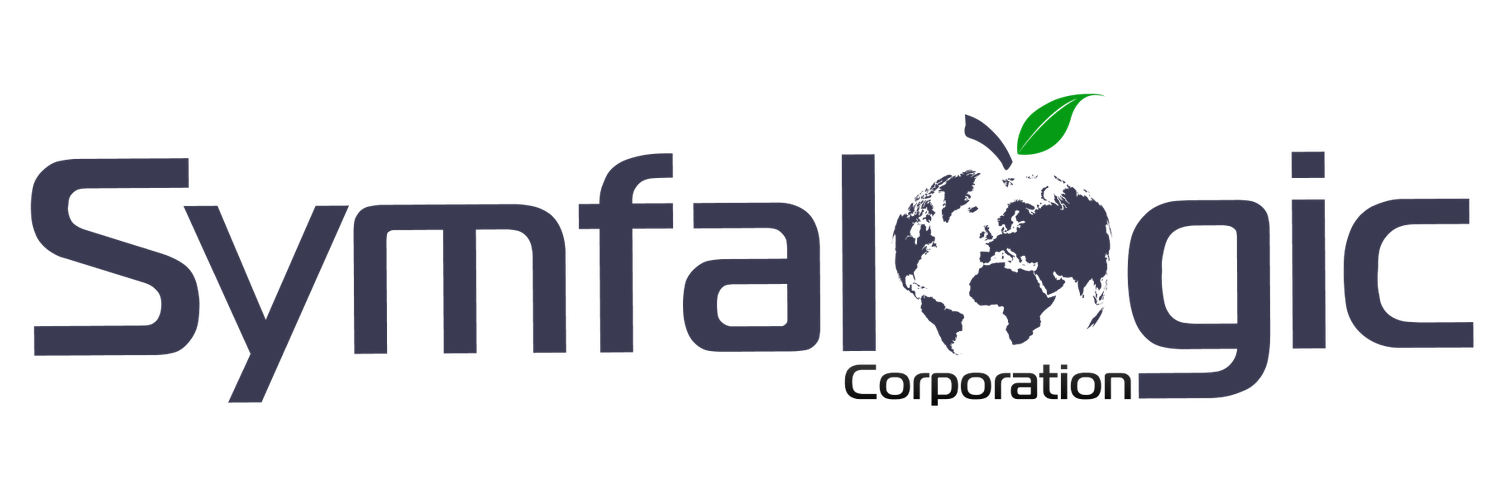Accounting in Italy
Invoicing in Italy
It is important to mention that from 1 January 2019, all entrepreneurs and businesses registered in Italy, whether for B2B or B2C cooperation, are required to issue an electronic invoice.
Those who pay a flat tax are exempt from the electronic invoicing obligation, in their case a paper invoice is also accepted.
Key information about electronic invoicing (e-fattura)
- be digitally signed
- uniform XML format
- the most important of its content elements is the so-called SDI code, which is a 7-digit code containing numbers and letters and identifies the recipient of the invoice, can be requested by chamber registration
- in contrast, the code for public administrations is the “codice univoco” which is a 6-digit code
- electronic invoices run through a central, unified system connected to the tax office. Sistema di Interscambio, the invoice will only be officially issued if it is approved by the central system
- if it is not approved for some reason (eg incorrect / incomplete data), the invoice issuer has 5 days to rectify the error
- this central system registers the invoice, at the same time checks and stores its data, and forwards it to the recipient
- companies not based in Italy have no electronic invoicing obligation
Accounting in Italy
The most important tax and accounting obligations of companies and entrepreneurs
Of course, there are also tax liabilities in Italy that affect companies, regardless of their form of business, and must be dealt with on an annual basis, both in terms of tax return and payment obligations.
In recent years, the Italian State has introduced a number of benefits and exemptions that make life easier for businesses, e.g. small business tax relief, flat tax.
The most important taxes:
– IRPEF – personal income tax: 23% tax payable in June and November, calculated on the basis of a percentage rate
The percentage rate is as follows by income band:
Income% Tax payable
Up to € 15,000, 23% is 23% of income
From € 15.001 to € 28,000 27% € 3,450.00 + 27% for amounts over € 15,000.00
From € 28.001 to € 55,000 38% 6,960.00 + 38% for amounts over € 28,000.00
From € 55.001 to € 75,000 41% 17,220.00 + 41% for amounts over € 55,000.00
Over € 75,000 43% 25,420.00 + 43% for amounts over € 75,000.00
– IVA – VAT: In Italy we differentiate 4 different VAT rates depending on the nature of the service / goods 22%: normal tax rate
10%: tourism; food; restoration work
5%: health and social field
4%: services of a cultural nature
– IRAP – regional production tax: payable between 4.25-8.5% depending on the nature of the taxpayer
– IRES – corporate income tax: payable by all companies engaged in commercial activities, tax rate 24%
Employees
– the employer details the payment for the month in the payroll, this is the ‘busta paga’
– INAIL: accident insurance contribution, paid by the employer for employees
– Bonus Renzi (from 2018): this allowance is available to employees whose annual income does not exceed EUR 26,600 gross
- Contributions and taxes payable on employees
The main factors in the cost calculation are: gross annual salary, social security contributions, severance pay, thirteenth and fourteenth monthly salary and depending on the type of contract.
Social security contribution: 33% of gross salary / remuneration, of which 23.81% is paid by the employer and 9.19% by the employee.
- Working time, employment, sick leave, holidays
The employment period for full-time employees is 8 hours per day, with a maximum of 48 reported hours per week. In addition, the officially defined overtime may be 2 hours per day and 12 hours per week.
The minimum wage is € 950 and the minimum hourly wage is € 950 gross.
The number of annual paid holidays is 20 days.
Pension
In general, the minimum pension can be claimed after at least 20 years of employment, and at age 67 it is stipulated. Under certain conditions, this minimum period is 15 years.
Declarations
- dichiarazione dei redditi: income tax return (submission deadline: 30 September)
- dichiarazione IVA: VAT return (submission deadline: April 30)
Useful definitions
– partita IVA: company tax number
– codice fiscale: tax identification number
– codice ATECO: ie the universally used code for the field of activity, provided by the Chamber of Commerce when starting a new business, the letter indicating the economic sector and the number behind it the exact field of expertise (eg K64.30.10)
– Agenzia delle Entrate: Italian tax office
– ragione sociale: name of the company
– REA: a register in which administrative and economic data on companies are collected, a useful support tool for electronic invoicing
– RAL: retribuzione annua lorda – gross annual salary
– ISA: taxpayer reliability indicator
– PMI: small and medium-sized enterprises
– SDI: electronic invoicing system linked to a tax office
– PEC: posta elettronica certificata – certified electronic mail
Please do not hesitate to contact us if you are looking for an accountant in Italy
and contact us even if you are just starting your career in the Italy!
Phone: +44 (0) 1357 – 340 – 000;
Email: accountancy (at) symfalogic (dot) com
Skype: Symfalogic Corporation

